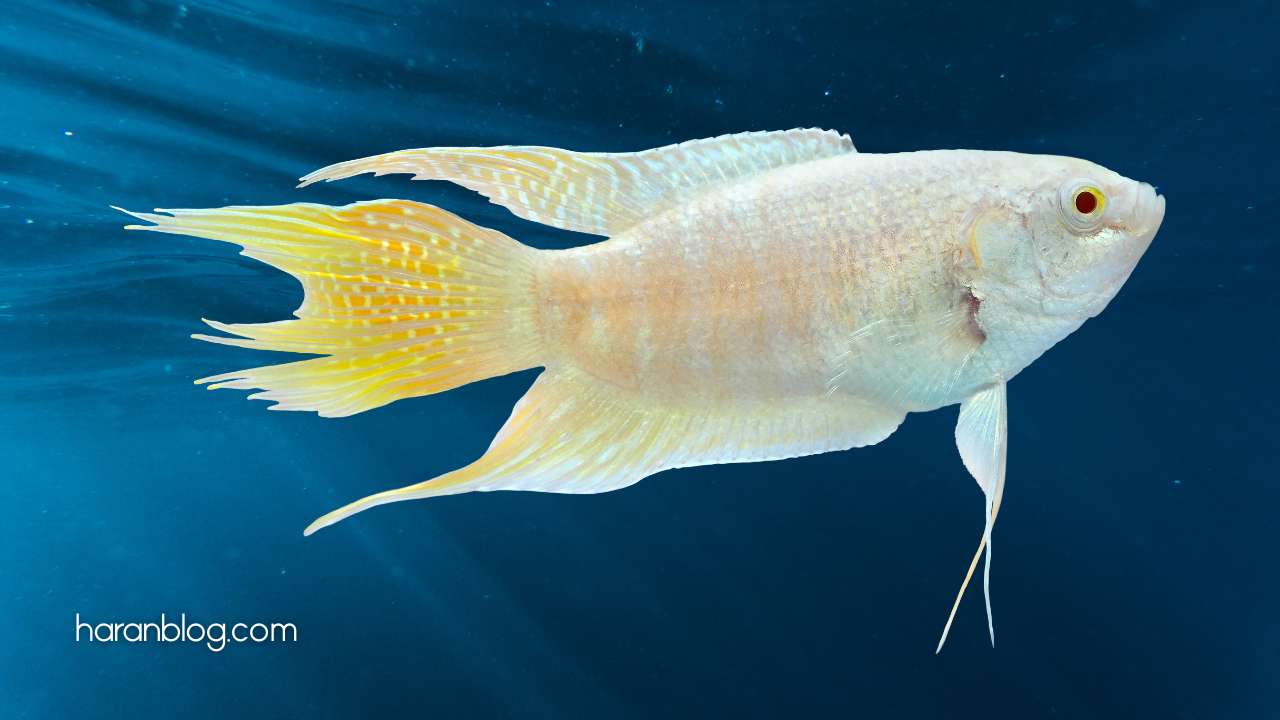In Hungary, ethological research is most often identified with tests on dogs, but new methodological advances may bring another species, the paradise fish, into the spotlight.
The fish are easy to handle and produce large numbers of offspring, which could open up new opportunities for researchers in the fields of evolution and behavioral genetics.
Researchers from ELTE Eötvös Loránd University have highlighted the importance of this old-new model animal in recent publications. Credit: Eötvös Loránd University
In Hungary, ethological research is most often identified with tests on dogs, but new methodological advances may bring another species, the paradise fish, into the spotlight.
The fish are easy to handle and produce large numbers of offspring, which could open up new opportunities for researchers in the fields of evolution and behavioral genetics.
Researchers from ELTE Eötvös Loránd University have highlighted the importance of this old-new model animal in recent publications.
Recent Methodological Advances
Recent methodological advances in the field of molecular biology, such as the great decrease in sequencing costs or the spread of universal genome editing techniques, have made it possible to perform molecular-level studies on non-conventional animal models, as well as to understand the genetic background of the behavior of a species studied during..
As part of such an effort, researchers at ELTE have sequenced and characterized the reference genome of the Chinese paradise fish (Macropodus opercularis), creating an important resource for future experiments.
The genome, only 480 Mb in size, is located on 23 chromosomes and contains more than 20,000 protein-coding genes. This compact genetic material may make the species an ideal subject for future genome editing experiments.
A paper describing the results was published in Scientific dataand in a parallel review in Journal of Experimental Zoology Bthe researchers also outlined their vision for using the paradise fish in studies of evolutionary development and in research aimed at uncovering the genetic basis of complex behaviors.
The ELTE Department of Ethology’s 30-year dog research project is one of the most “visible” of the many important and successful long-term research projects at ELTE.
However, before the mid-1990s, for nearly two decades, the same department’s “top animal” was not a dog, not even a mammal, but a species: the paradise fish.
The use of this fish species in ethological experiments was also established by Professor Vilmos Csányi.
When the department was founded, he decided to conduct research using a species that had complex, repetitive, genetically encoded behaviors. The paradise fish fit the bill, and for decades to come, with the help of his colleagues, he explored the species’ behavior in detail.
They constructed a species-specific ethogram, a catalog of repetitive behaviors that individuals of the species display alone or during their social interactions.
Early Research
However promising this early research was, by the mid-1990s the work had lost its momentum. Due to the lack of appropriate genetic tools, the mechanisms behind specific behaviors could not be precisely determined.
Therefore, with the initiative of Prof. Ádám Miklósi, current Head of the Department of Ethology, in collaboration with the Fish Genetics Research Group (Department of Genetics) led by Máté Varga, a new research program has been launched to “reinvent” the paradise fish. as a model for behavioral genetics, with the help of the latest genetic tools.
The work was carried out in collaboration with the group of Shawn Burgess at the National Human Genome Research Institute (NHGRI) in the US and Ildikó Szeverényi and László Orbán of the Fish Genomics Research Group at the Department of Applied Fish Biology of the Hungarian Agricultural and Life Sciences . University (MATE), also played a key role in the research.
More information:
Erika Fodor et al, Macropodus opercularis (paradise fish) reference genome, Scientific data (2024). DOI: 10.1038/s41597-024-03277-1
Nóra Szabó et al, The paradise fish, an advanced animal model for behavioral genetics and evolutionary developmental biology, Journal of Experimental Zoology Part B: Molecular and Developmental Evolution (2023). DOI: 10.1002/jez.b.23223
Offered by Eötvös Loránd University
Citation: Importance of paradise fish in evolutionary and behavioral genetics research (2024, June 5) Retrieved June 5, 2024 from https://phys.org/news/2024-06-importance-paradise-fish-evolutionary-behavioral.
This document is subject to copyright. Except for any fair agreement for study or private research purposes, no part may be reproduced without written permission. The content is provided for informational purposes only.
#importance #paradise #fish #evolutionary #behavioral #genetics #research
Image Source : phys.org



